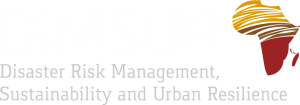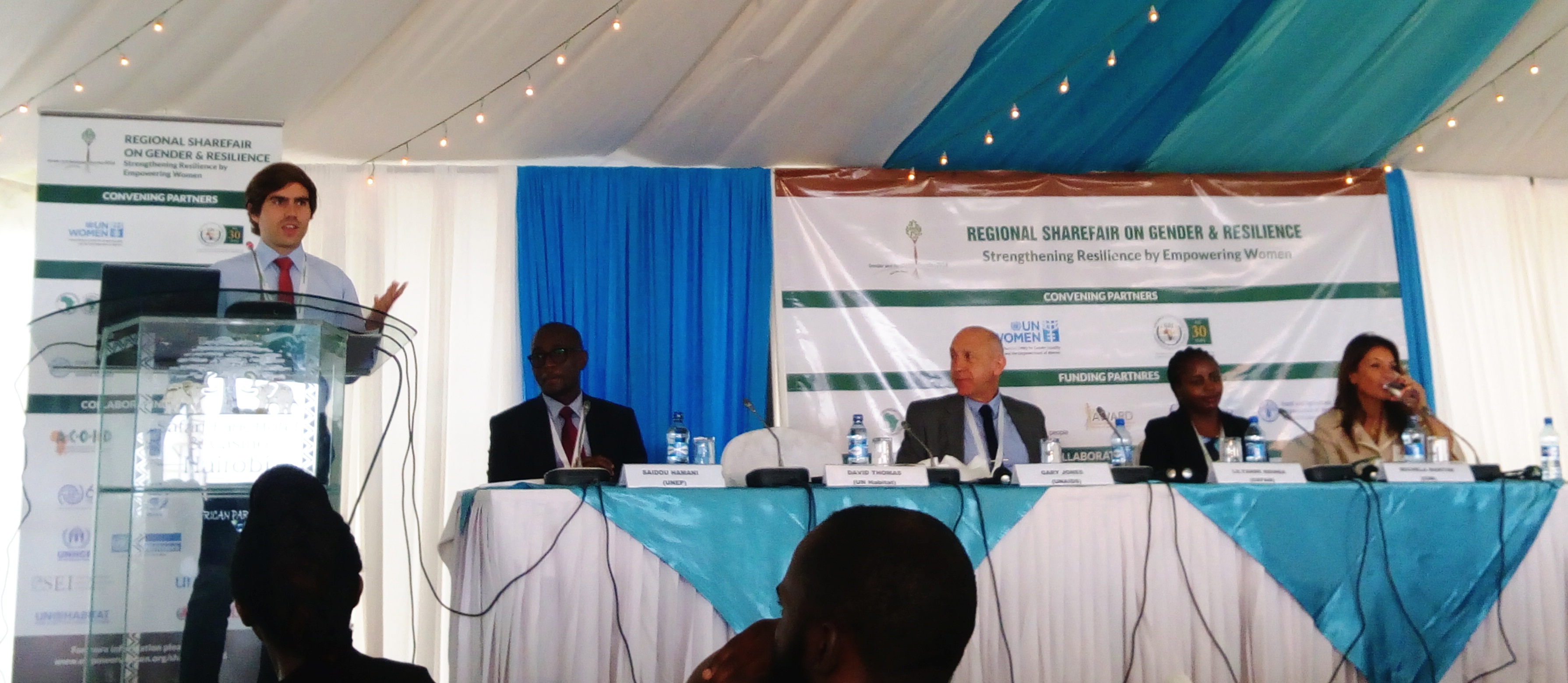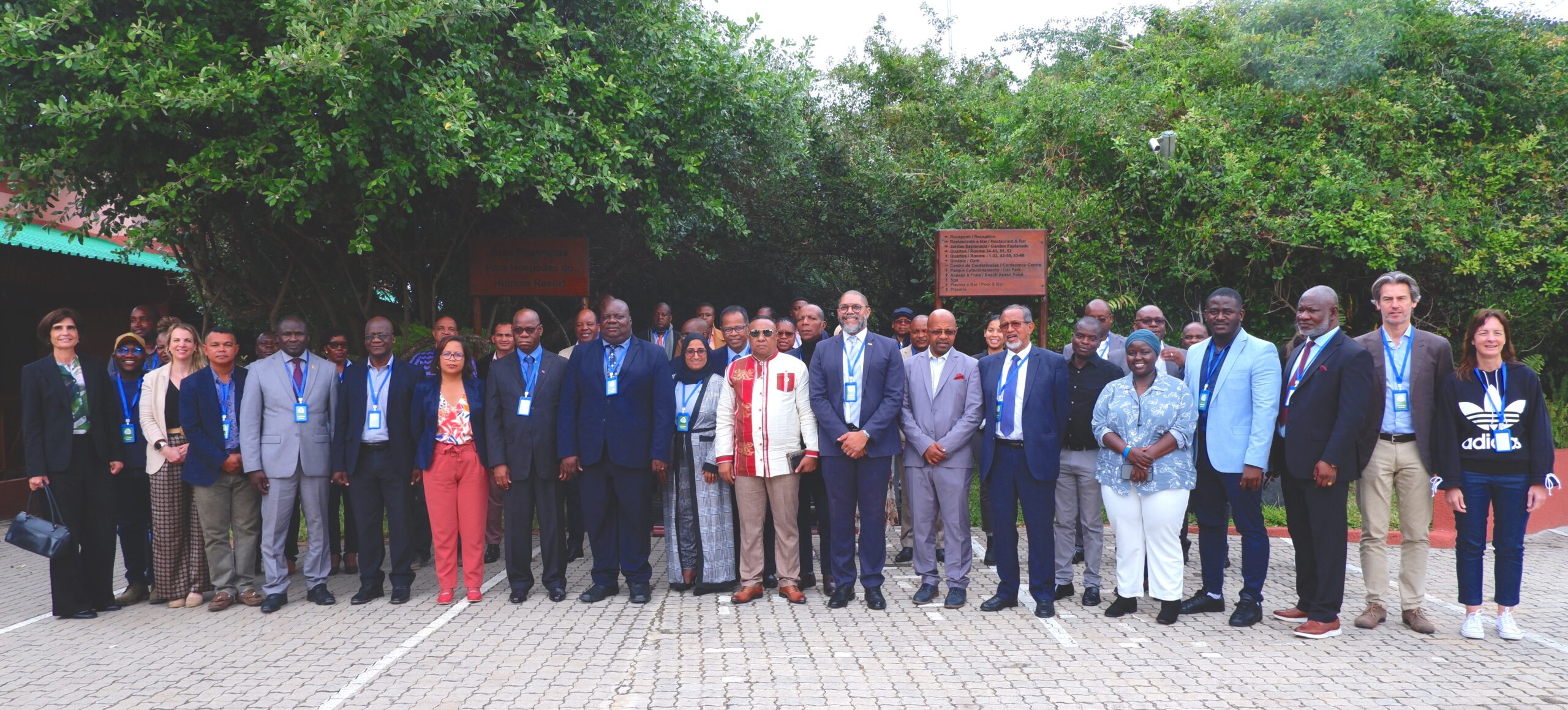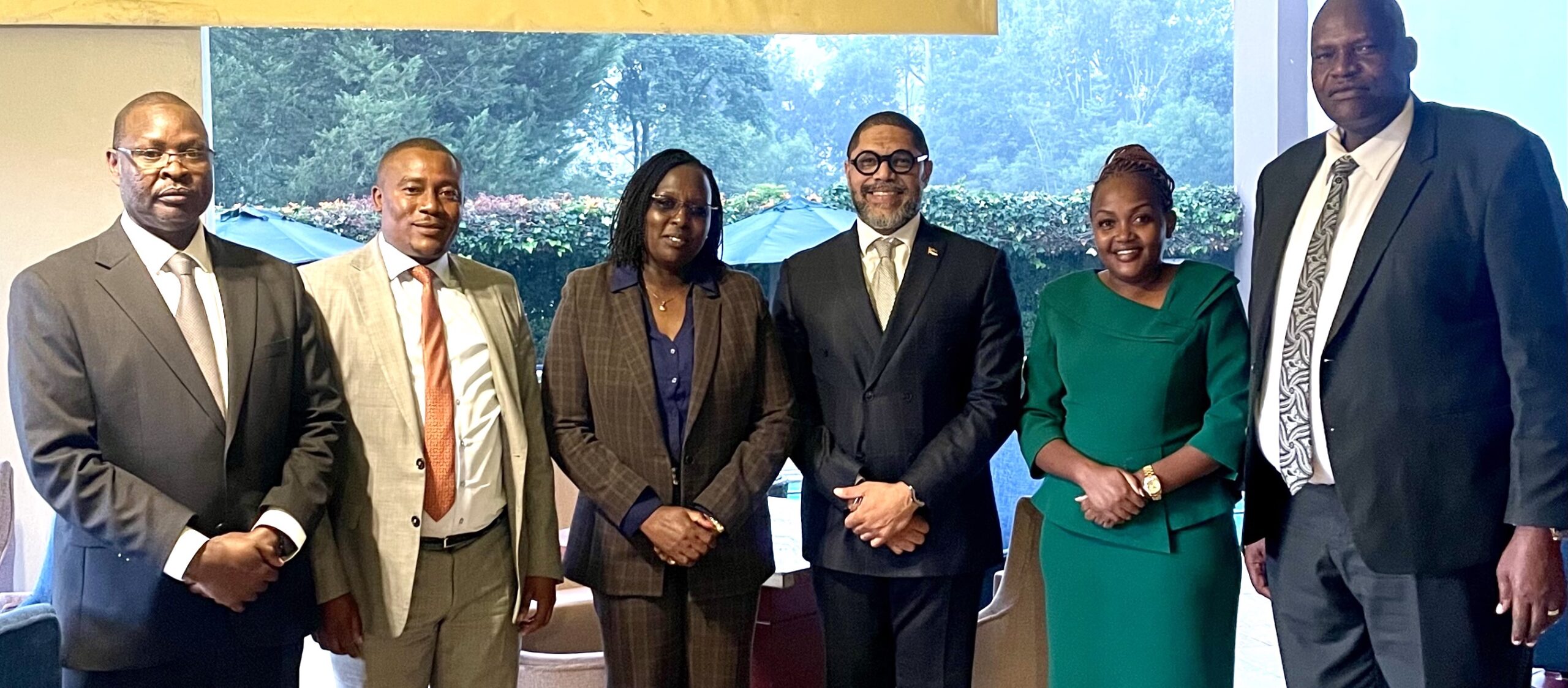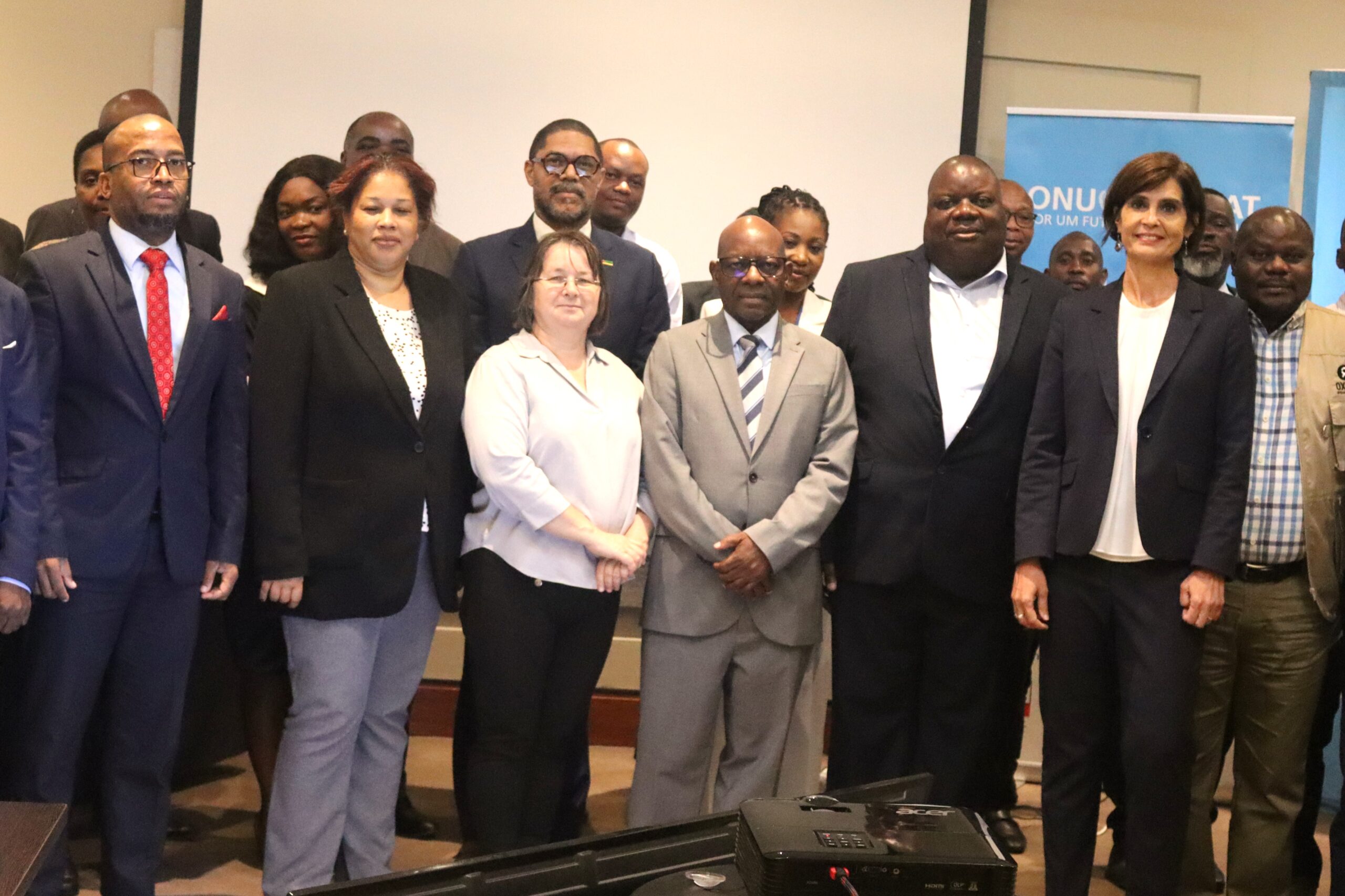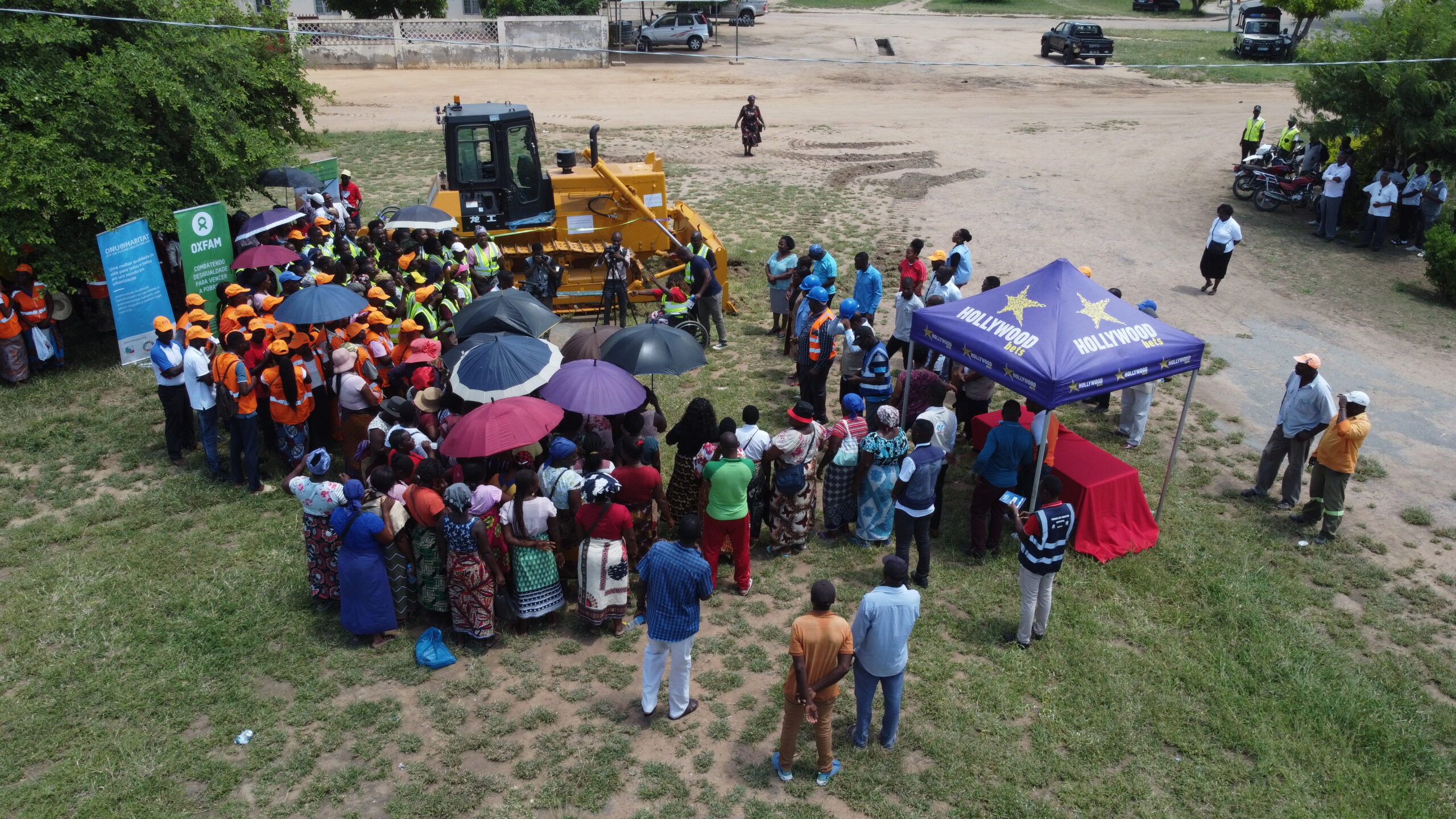Cities are where ideas change, where innovation occurs and where the status quo is challenged
By David Thomas, Consultant
UN-Habitat – Programme Division, Cross-Cutting Issues*
14 November, Nairobi – Gender, resilience and urbanization – three topics that are high on the international agenda, but rarely considered related. However, as urbanization spreads rapidly across the globe, natural and human disasters become more frequent and the battle for gender equality rages on, it is important to reflect on how these challenges interact.
Women have been resilient for centuries, as they have fought against discrimination, cultural practices and inequality. This resilience presents an opportunity – female empowerment can improve the resilience of families, communities and cities on the wider scale. If women are given a voice in government and input into decision-making, everybody will benefit.
However, there are increasingly gender-related impacts occurring as a result of rural-urban migration, international migration, informal settlement growth and rapid urbanization. In cities, we are witnessing the feminization of poverty, as women make up a disproportionate amount of the urban poor. The poor are particularly susceptible to disaster as they lack resources and representation. They are often living in slums and informal settlements, which are characterized by unstable structures and massive gender inequality.
Women face a variety of challenges in cities, which are greatly exacerbated by disasters and poor disaster response management. One of the key challenges is access to information. Women make up two-thirds of the world’s illiterate, due to gender-inequalities in educational attendance and attainment. Furthermore, information is often only given to men, with the presumption that they will share with their families. This means that women and female-headed households suffer a lack of information before disasters (response planning and early-warning systems), during disasters (critical safety information, food relief and shelter) and following disasters (recovery and rebuilding).
Women also have unequal ownership of resources. Land titles and property ownership are often only given to men, both due to cultural and legal practices – women tend to own a smaller proportion of land than men. This leaves women particularly vulnerable following disasters, as they may not be able to claim their land or destroyed property. Similarly, men often hold power over household assets and financial savings, leaving women without access in the case of their husband’s death or abandonment. In addition, due to their lack of resources, women are often forced to endure violent relationships in order to meet their basic needs. Again, disasters exacerbate this gap and cut off the few existing options that women have.
The greatest risk in disaster response planning is that gender equality is not prioritized. Emergency responders may instinctively think that gender issues are not as important as providing food and shelter. However, failure to address gender-based inequalities can condemn women and girls to less aid, fewer opportunities, ill-health and violence. As above, disasters create heightened desperation for women and men, which often lead to an increase in violence against women.
To address these issues, governments and third parties must engage both women and men in disaster planning, recovery, mitigation and adaptation. Governments, at all levels, and urban planners benefit from understanding how disasters affect women and men differently. Men and women have different and complementary capacities and all of this potential must be harnessed to improve the resilience of cities. Both must be involved in decision-making and disaster planning, recovery, mitigation and adaptation. Women must be included in community consultation, along with gender-based NGOs, and women must be empowered to engage in governance at all levels.
Although cities present women with a number of risks, there are also huge opportunities in cities. Cities are where ideas change, where innovation occurs and where the status quo is challenged. Cities provide employment, education and health services. Gender-responsive disaster management can challenge the status quo and can ensure that post-disaster cities are more resilient and more equal than ever before.
In October the New Urban Agenda (NUA) was agreed upon by member states of the UN, at the Habitat III Conference in Quito. The NUA is a highly gender-responsive document, and highlights the necessity of considering gender issues in disaster management:
Article 77: We commit to strengthen the resilience of cities and human settlements, including through the development of quality infrastructure and spatial planning by adopting and implementing integrated, age- and gender-responsive policies and plans and ecosystem-based approaches.
This outlines the clear commitment of Member States, UN agencies and civil society to consider gender issues in disaster management and responses. There is a risk that gender equality progress will stall, or even regress, following a disaster, but if gender is prioritized and women are included throughout the planning and response cycle, there will be benefits for all. Community resilience will improve, as well as health, social and economic benefits in the long-term. Urbanization provides a great opportunity to harness the potential of women, reduce gender inequality and mitigate the impacts of disasters.
*This article is based on a presentation given at the 2016 Regional Sharefair on Gender and Resilience run by UN-Women and the Intergovernmental Authority on Development (IGAD). The theme for the Sharefair was ‘Strengthening Resilience by Empowering Women.’ The presentation was made during the panel discussion on ‘Migration and rapid urbanization: risks and opportunities in gender-responsive resilience programming.’
